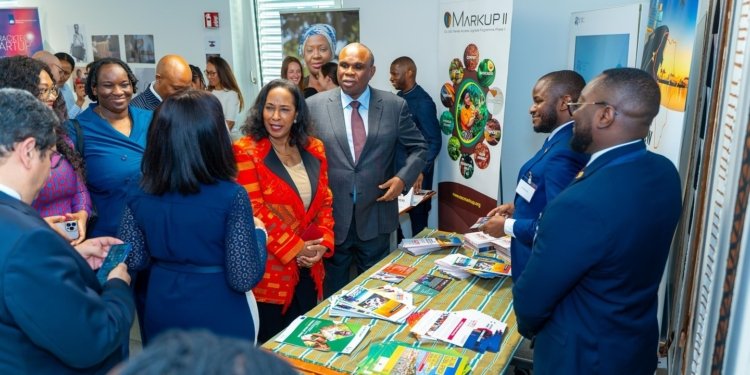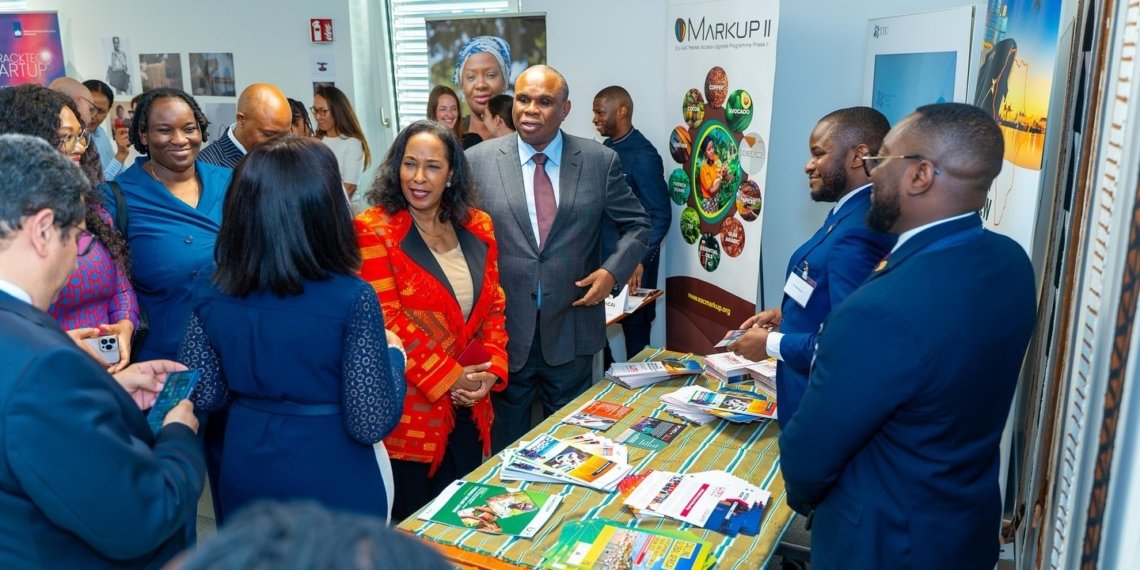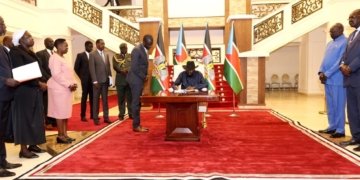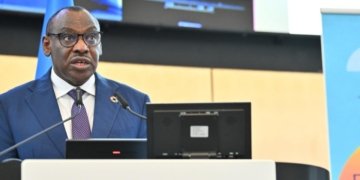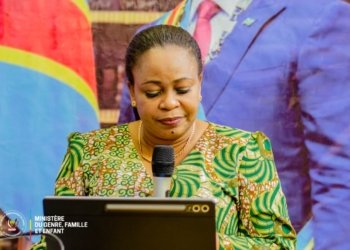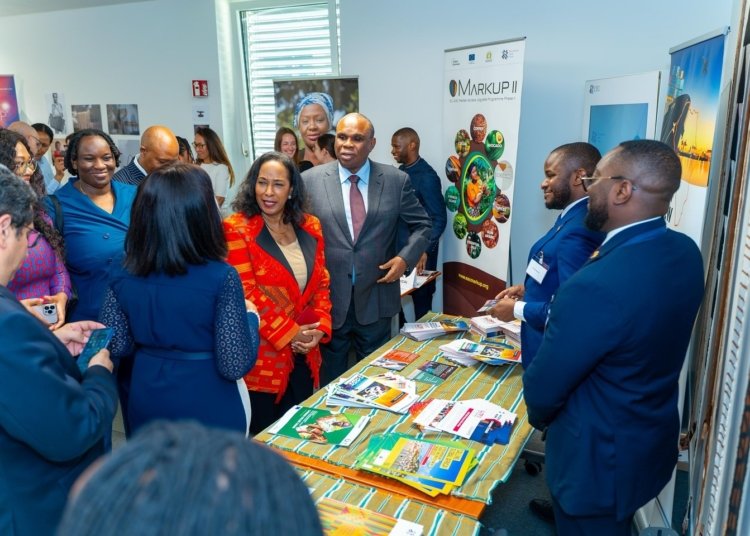Geneva – The African Export-Import Bank and the International Trade Centre are intensifying efforts to unlock Africa’s trade potential through the continent’s ambitious free trade agreement, as officials called for coordinated action to transform the region’s economic relationship with the world.
At the inaugural International Trade Centre Partnerships for Africa Day held this week in Geneva, Professor Benedict Oramah, President and Chairman of the Board of Directors at the African Export-Import Bank (Afreximbank), emphasized the critical role of micro, small and medium-sized enterprises, women, youth, and South-South cooperation in building a globally competitive Africa.
The bank’s collaboration with the trade centre has already yielded significant results. Their joint “How to Export with the African Continental Free Trade Area” program has trained more than 12,000 small and medium enterprises across 52 countries since 2020, equipping businesses with tools to navigate the continental trade agreement and foster cross-border commerce.
Oramah announced the opening of a new African Export-Import Bank representative office in Geneva, designed to deepen collaboration with Swiss institutions and global trade partners.
The move follows a memorandum of understanding signed with the Swiss Federal Department of Economic Affairs, Education and Research.
“Our engagement with Switzerland reflects a strategic alignment,” Oramah said, citing cooperation in pharmaceuticals, clean energy, industrial development, and academic research. He highlighted broader goals, including support for cultural industries like fashion through the Pan-African Fashion Alliance.
Trade Integration Target
International Trade Centre Executive Director Pamela Coke-Hamilton stressed the transformative potential of the continental free trade area, calling it “the single most important decision made by African heads of government in 60 years.”
She emphasized the need for coordinated efforts to remove intra-African trade barriers and boost trade integration from the current 14% to as high as 50%.
Coke-Hamilton said the African Continental Free Trade Area will revolutionize African trade, GDP and development because intraregional trade, as in Europe and Asia, “has revolutionized those two continents.”
The European Union is at 75% intraregional trade, Asia is at 60%, “so 14% won’t get a say,” Coke-Hamilton said. “And so it is incumbent on us to find those barriers, to agree to remove those barriers and to increase trade that takes place within Africa.”
She said, the African Continental Free Trade “is the redefinition of Africa’s relationship with the world, not just with itself, but how Africa engages with the rest of the world in terms of trade, in the power paradigm.”
The African Export-Import Bank and International Trade Centre are positioning Africa’s private sector as a key driver of sustainable growth and economic transformation across the continent and the Global South.
The International Trade Centre (ICT) is a joint agency of the World Trade Organization and the United Nations that helps developing countries increase their exports, while the Afreximbank is a Cairo-based multilateral development finance institution that promotes intra-African trade.
